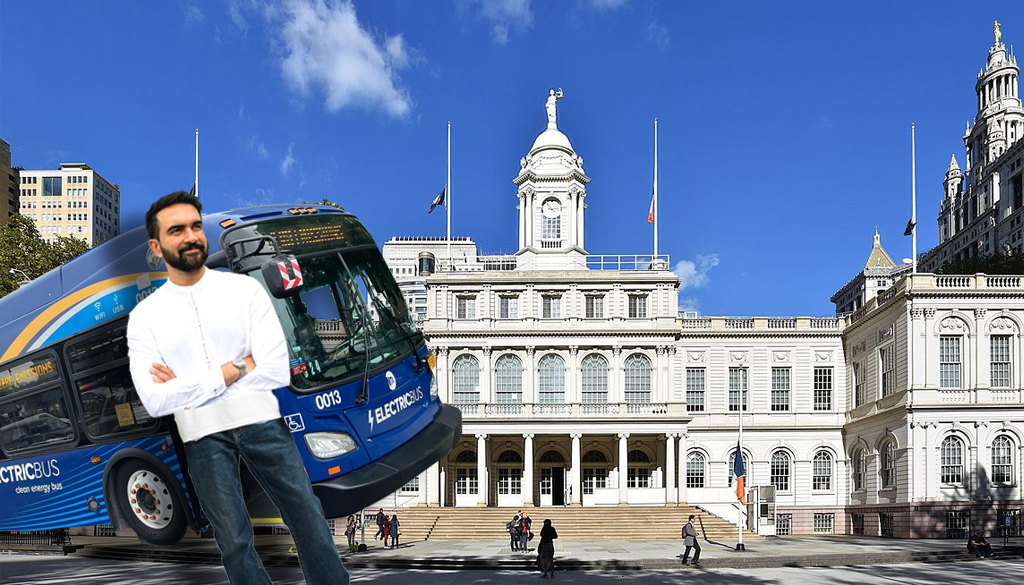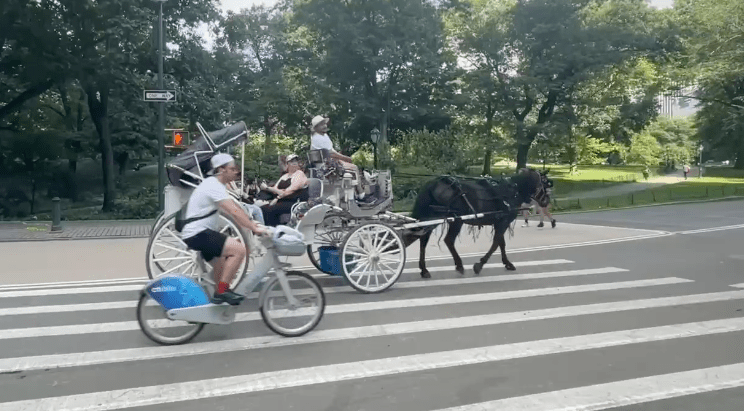Next month, 19 transit-related measures will come before voters. If the rest of this year is any guide, 16 of them will pass.
Despite a high-profile loss in Atlanta a few months ago, transit referenda have an 86 percent success rate so far this year, according to the Center For Transportation Excellence.
It strikes some as counterintuitive: During an economic downturn, in a virulently anti-tax climate, why are voters deciding time and time again to tax themselves to support transit?
CFTE Director Jason Jordan says the lousy economy is one reason so many of these measures keep popping up -- more this year than any other since CTFE started counting in 2000. With states crying poverty and the federal government, for the first time ever, passing a transportation bill that was no bigger than the one that preceded it, local governments have had to take matters into their own hands.
Jordan says the most unique of all of next month’s ballot initiatives is a gas tax measure in Memphis. Almost all the initiatives we see are sales taxes or property taxes, with a handful of bond measures and vehicle fees. Most cities don’t have the authority to raise gas taxes independent of the state -- but Memphis does, and it's trying to increase the tax by one cent to raise $3 million to $6 million for the transit authority. “Here we have an example of communities being pushed to be as creative as possible,” Jordan said.
No other local gas tax measure is on the ballot. Indianapolis has a citywide income tax hike in the works, which will also be novel, but they didn’t make it happen for this year.
Another one to watch is the half-cent sales tax in Orange County, North Carolina, which includes the city of Chapel Hill. If it succeeds, the three counties of the so-called Research Triangle will likely join together to improve their regional transit system. If it fails, the whole thing falls apart.






